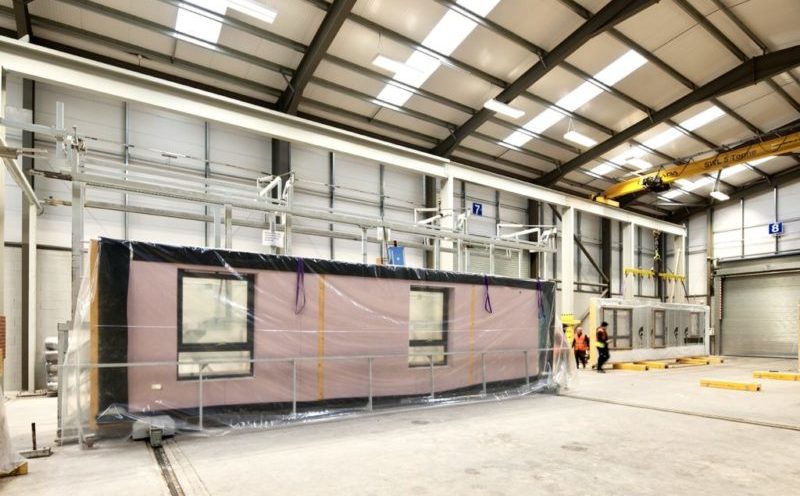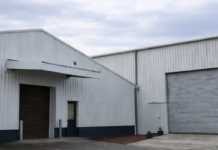
CCG has announced it has taken steps to improve the energy performance of homes with research and development into heat loss.
The contractor has teamed up with energy and sustainability consultancy Carbon Futures to reduce the impact of ‘thermal bridging’ in modern homes. Thermal bridging describes an area of a building which has a significantly higher heat transfer than the surrounding materials. CCG said this typically exists where there is either a break in the insulation or in masonry elements of a build or with openings such as windows and doors.
Carbon Futures’ ‘thermal modelling’ assessment has considered the use of CCG’s iQ timber frame system in the construction of housing, with CCG revealing that results indicate it is possible to reduce heat loss – associated with thermal bridging – by up to 30% when compared against government accredited construction details.
David Wylie, managing director of CCG said, “At CCG, we pride ourselves on producing homes that are delivered to the highest standards of quality and environmental performance. The research undertaken with Carbon Futures will enable us to enhance our offering in these areas ensuring long-term benefits to our clients and the end user of our homes marking a significant step forward in helping tackle fuel poverty for people across Scotland.”
David Russell, director of Carbon Futures added, “A lot has been said about the performance gap in new-build housing, therefore CCG should be commended for having the foresight to invest in the thermal performance of their timber frame product. As accredited thermal modellers, Carbon Futures were able to facilitate improved thermal performance in a cost-effective and practical way by using our technical experience and commercial awareness.”








